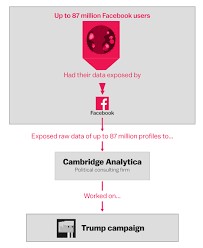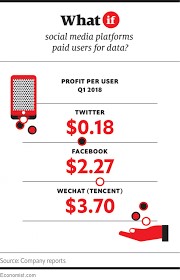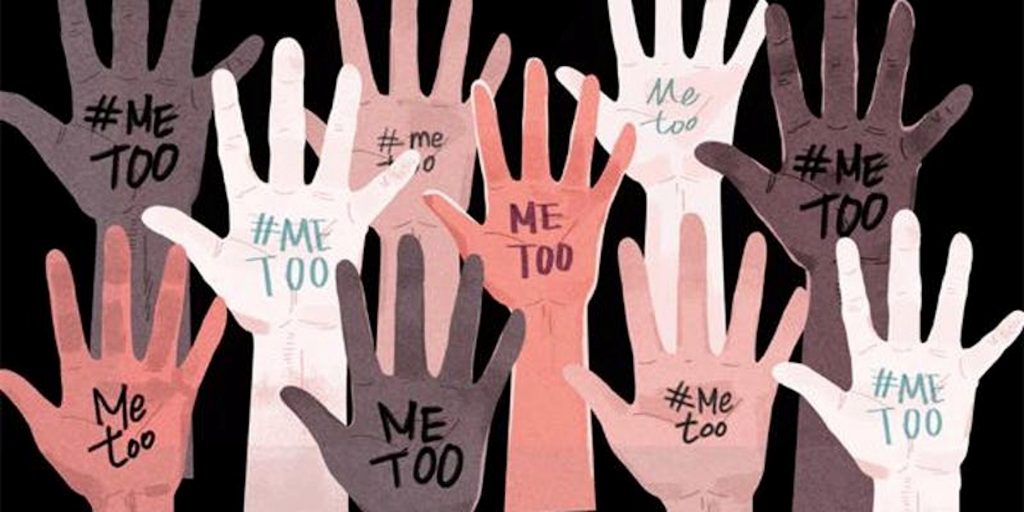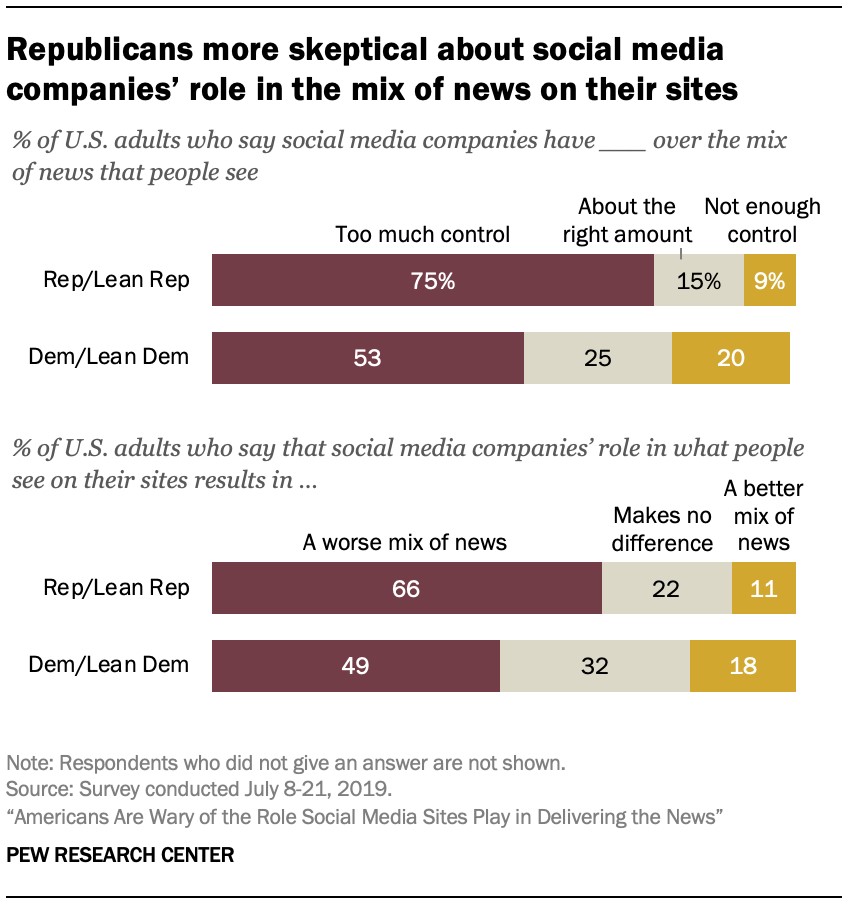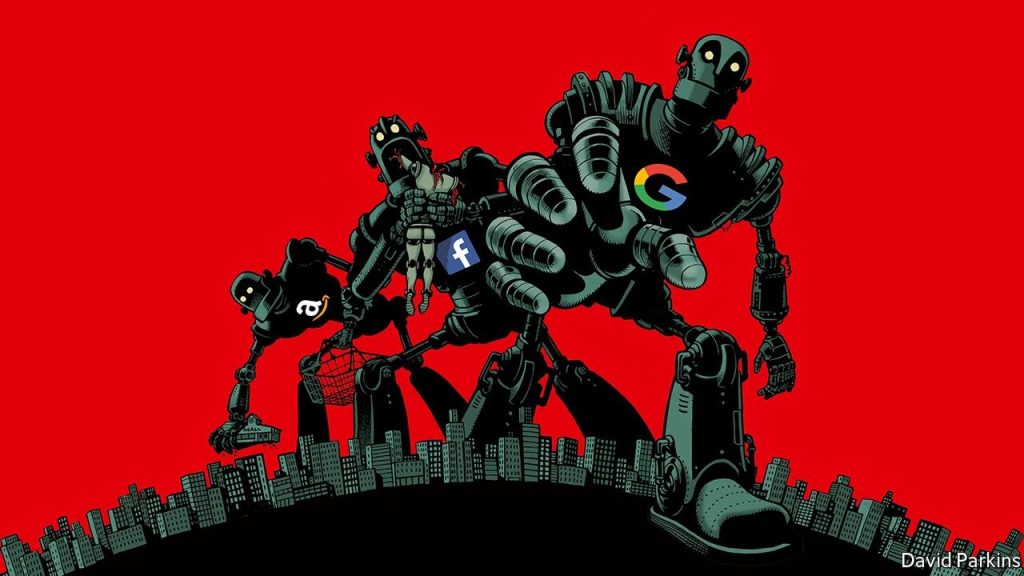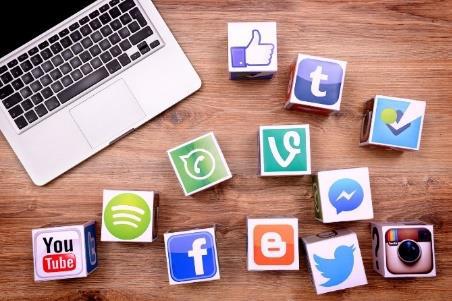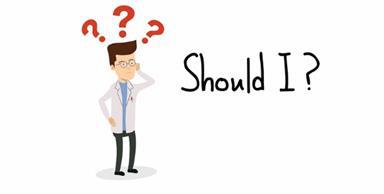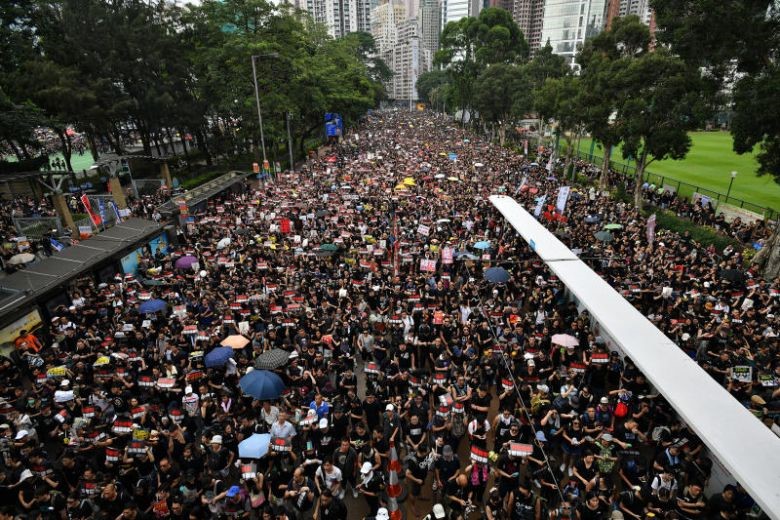Jaakko Dickman
This blog post was produced as part of the course “Social Media, Ideologies, and Ethics in the United States” at the University of Turku.
Is Facebook simply a platform that neutrally mediates decentralized information created by its users or is it something closer to a publishing company? This issue has been central to the debate on the need to regulate Facebook and other social networking sites.
The debate has further intensified after the reported Russian interference in the 2016 U.S. Presidential Election and after the live streaming of the Christchurch mosque shootings. Actor-comedian Sacha Baron Cohen is the latest to criticize Facebook and offer his thoughts on the issue.
In his award speech for the ADL International Leadership Award, Cohen strongly criticized social networking sites (SNSs) for compromising democratic ideals and promoting hate and violence. He stated that “on the internet, everything can appear equally legitimate” and that this is dismantling our understanding of shared objective facts that are fundamental to a functioning democracy. Cohen concluded his speech by declaring that “it is time to finally call these companies what they really are: largest publishers in history.”[i]
At the heart of Cohen’s speech is the idea that SNSs “should abide by basic standards and practices,”[ii] as do traditional media outlets such as newspapers and TV news. Thus, they should be considered as publishers. To this day, SNSs have evaded responsibility over their content by stating that they are simply platforms that mediate content and thus not liable for the content they host. This indemnity is solidified by the US Communications Act of 1996, which gave an almost complete autonomy for SNSs to regulate themselves (Flew & al 2019, 38).
However, one could argue that the nature of networked communication has changed so drastically that the new SNSs have outgrown the legislation. Furthermore, the growing interference and curatorial work done by the SNSs has made their ‘neutral platform’ nature questionable.
It is obvious that Facebook, among other SNSs, is not a neutral mediator of networked communication. One of the clearest examples of this came in 2016 when Facebook’s “Trending Review Guidelines” were leaked to the press. The guidelines revealed how Facebook’s news operation is perpetrated by human intervention similar to traditional media organizations.[iii] Still, we have seen that the self-regulative practices of SNSs have not been effective enough to tackle the spreading of violence, hate speech, and political interference.
Without acknowledging the new pressures to regulate these sites in a new cultural, political, societal, and technological environment, these companies will not be held accountable for their shortcomings. So, what is holding us back from insisting that these sites are, in fact, publishers of content and from enforcing governmental regulation on them?
Nowadays, when social media companies are operating globally, nation-specific regulation might cause SNSs such as Facebook to become scattered, with different content available in different parts of the world. Flew, Martin, and Suzor state that this type of a “global Splinternet” might have a negative impact on the free flow of information that has epitomized the period after mid-1990s (Flew & al., 46). As asserted by the CEO of Facebook Mark Zuckerberg in his speech at Georgetown University, social media has become “the Fifth Estate” that allows people all over the world to express themselves.[iv] The power to give voice to people living under brutal political regimes is a feature that we do not want to take away from SNSs.
Presently, the biggest internet companies are regulating the flow of information unelected and without accountability. According to Cohen, this constitutes ideological imperialism.[v] The more SNSs take part in “monitoring, regulating and deleting content” the more dire is the need for public accountability (Flew & al., 45). However, instead of traditional nation-specific legislature, the ability to regulate this new digital environment seems to call for active involvement of global regulative bodies. Nevertheless, the new role of SNSs and their power to dictate the flow of information requires new regulative approaches and ideas as their counterforce.
Bibliography:
Anti-Defamation League YouTube, ADL International Leadership Award Presented to Sacha Baron Cohen at Never Is Now 2019, <https://www.youtube.com/watch?v=ymaWq5yZIYM&t=24s> (Accessed Dec 8th 2019)
Flew, Terry, Martin, Fiona, & Suzor, Nicolas (2019) “Internet Regulation As Media Policy: Rethinking the Question of Digital Communication Platform Governance.” Journal of Digital Media & Policy 10, no. 1: 33, 33–50.
Thielman, Sam (2016) ”Facebook news selection is in hands of editors not algorithms, documents show.” The Guardian. <https://www.theguardian.com/technology/2016/may/12/facebook-trending-news-leaked-documents-editor-guidelines> (Accessed Dec 8th 2019)
Washington
Post YouTube, Watch live: Facebook CEO Zuckerberg speaks at Georgetown
University, <https://www.youtube.com/watch?v=2MTpd7YOnyU&t=2777s> (Accessed Dec 8th 2019)
[i] https://www.youtube.com/watch?v=ymaWq5yZIYM&t=20s
[ii] https://www.youtube.com/watch?v=ymaWq5yZIYM&t=20s
[iii] https://www.theguardian.com/technology/2016/may/12/facebook-trending-news-leaked-documents-editor-guidelines

